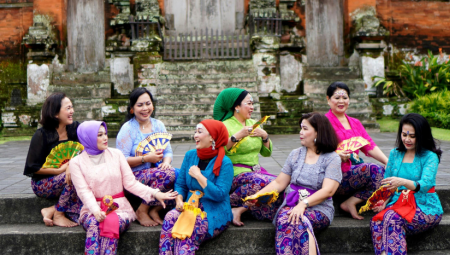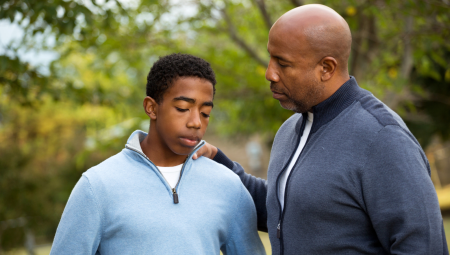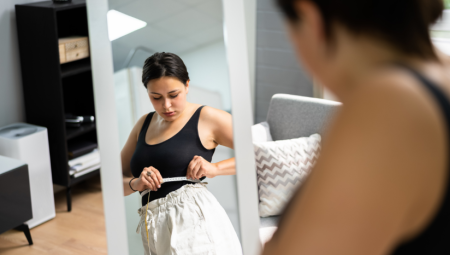Background
Cultural, natural and community assets are known to improve health outcomes, but such resources are also unevenly distributed. Our project comes under phase III of a programme called ‘Mobilising community assets to tackle health inequalities’, which aims to understand how and in what ways these assets can be mobilised to address health disparities at a larger scale.
Poor health experienced by refugees/asylum seekers/migrants (R/AS/M) result from inequitable access to services and opportunities across the social determinants of health (SDOH) including: language barriers, accommodation, employment, education, frequent (often enforced) movement, poverty, and discrimination.
Project Aims
Community assets are fundamental to people’s ability to navigate complex and unstable living situations and include community organisations, food banks, green spaces (e.g parks, allotments, gardens etc), blue spaces (e.g. lakes, swimming pools, canals etc) and support services (e.g. law and advice centres, drop-ins etc) among others. The project seeks to understand the ways that these (R/AS/M) groups make use of the different assets within and beyond their local communities to support their health and well-being – focusing in particular on access to accommodation and housing, food and nutrition and services.
The key research aim (framed through understanding the experiences of R/AS/M migrant communities in relation to how diverse SDOHs impact wellbeing, and which by extension is transferable to wider populations) is: to generate an evidence-based conceptual framework for transdisciplinary interventions in health care that allow community assets to be efficiently integrated; in turn supporting cost-efficient, accessible, scalable services, delivered locally and regionally by ICSs and their key partners.
Project Activity
- Co-production with community partners to undertake focus groups to collect data on community assets and map them.
- Co-production with community partners, we will use a range of creative and arts-based methods to capture R/AS/M use of community assets and understand their impact on wellbeing.
- Drawing on our findings of social, physical, cultural and 'intangible' community assets, and in collaboration with our community partners, we will identify replicable, scalable and cost-effective models for integrated place-based care which supports and builds resistance R/AS/M populations.
Anticipated or actual outputs
- Report on audit and synthesis of literature, data and community assets
- Digital counter-cartography living community asset map on project website
- Written report of methodological issues + findings from data collection
- Journal articles on methodologies/co-production and utilisation of models of co-creation of public governance in context of SDOH
- Place-based models: Embedding system change and building capacity within institutions/across networks.
All the above are under development through life of the project as currently in early stages of data gathering.
Papers/resources
Click here for further information 'Co-creating asset and place-based approaches to tackling refugee and migrant health exclusion'
Who is involved?
Researchers
- Dr Chantal Radley (ARU)
- Professor Eleonore Kofman (Middlesex University )
- Professor Elena Vacchelli (University of Greenwich)
- Professor Erminia Colucci (Middlesex University)
- Dr Egle Dagilyte (ARU)
- Professor Sanjiv Alhuwalia (ARU)
- Dr Anna Paraskevopoulou (ARU)
- Dr Runa Lazzarino (Middlesex University and Greenwich)
- Professor Nick Drydakis (ARU)
- Dr Marques Hardin (ARU)
- Catherine Kennelly (ARU)
- East of England LGA, GYROS, Lewisham Refugee and Migrant Network, Cambridge Refugee Resettlement Campaign, Barnet Citizens, MigrationWork, QNI, New Citizens Gateway.
- Project manager- Natalie Bignell, for project correspondence.
Contact
margaret.greenfields@aru.ac.uk
MigRefHealthProject e-mail address- admin.migrantrefugeehealth@aru.ac.uk





